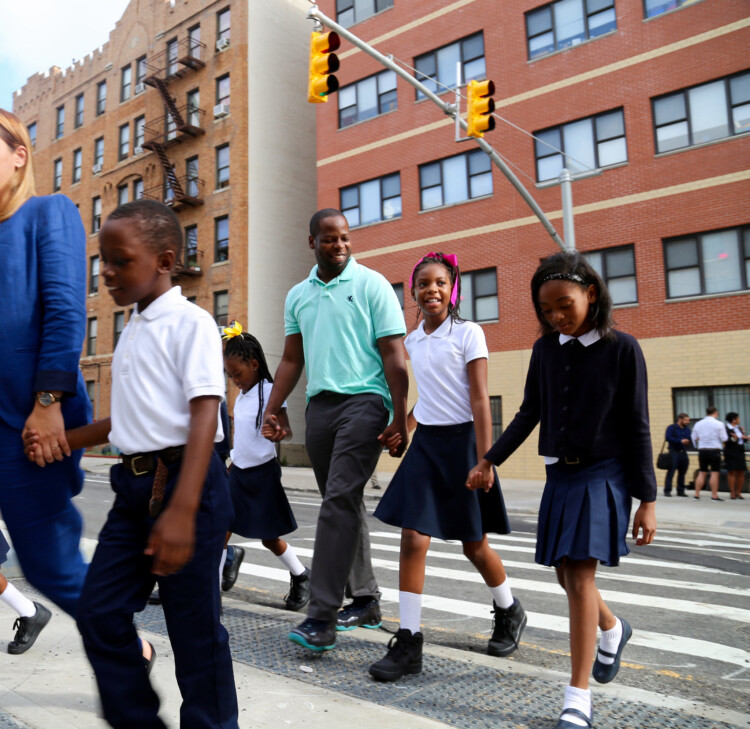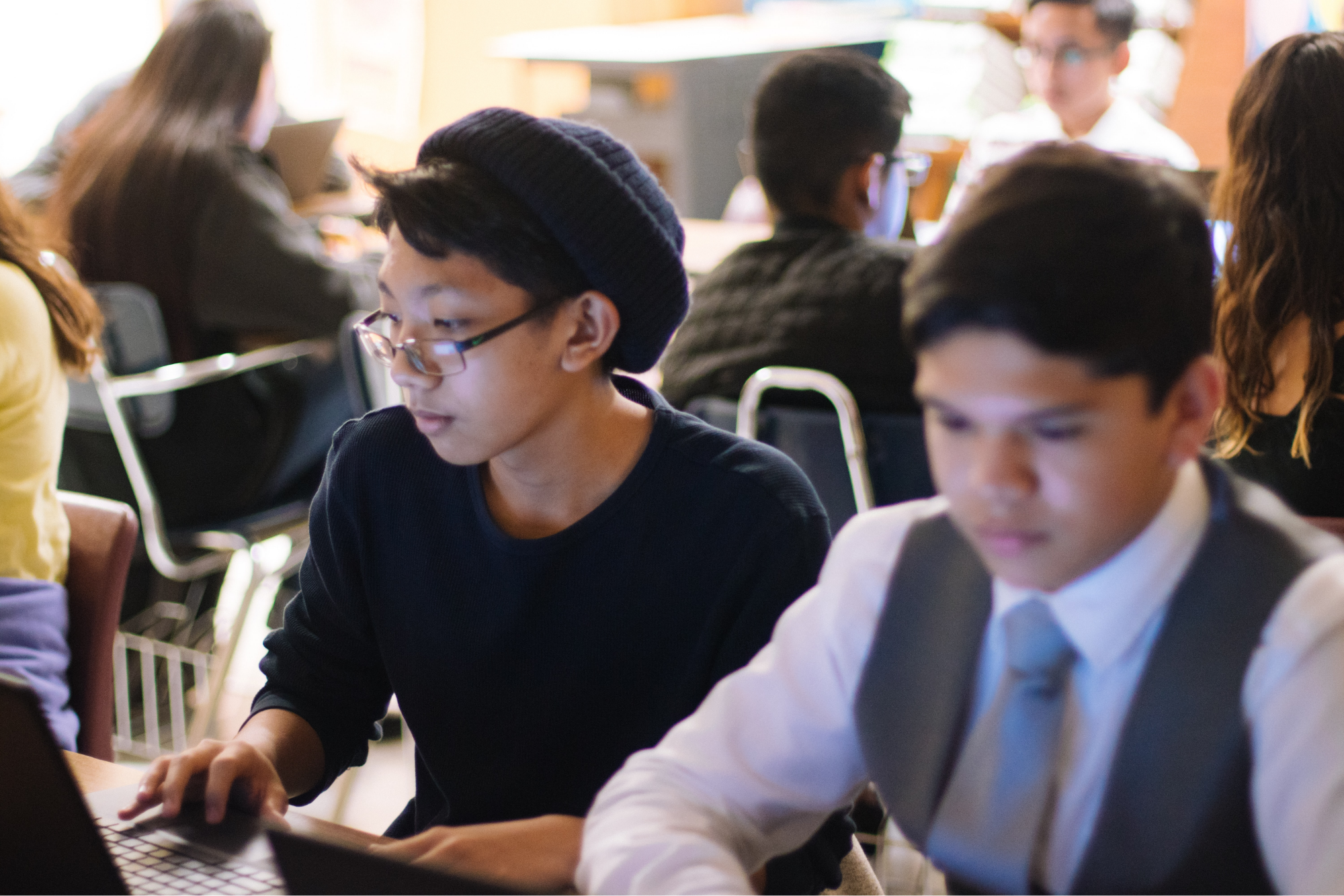Since 2014, the Foundation has focused much of its grantmaking toward supporting studies that examine programs, policies, and practices to reduce inequality in youth outcomes. Subtle as it is, the nuance here—calling for researchers to investigate specific strategies that can ameliorate unequal outcomes—nevertheless represents a pivot from the long tradition of social science research that describes or quantifies the extent, causes, and consequences of unequal outcomes.
As Adam Gamoran writes in the introduction of a new Special Collection of Socius: Sociological Research for a Dynamic World, titled Sociology’s Role in Responding to Inequality, “Sociology has excelled in aiding our understanding of inequality … But sociology as a discipline has contributed far less to reducing inequality, that is, to identifying the specific programs, policies, and practices that must be undertaken to change the course of inequality in the United States and elsewhere.”
With this as a starting point, we ask: If research is to make a difference, how?
The special collection, which begins with two articles and will later incorporate a series of commentaries, considers the contributions of sociology and the social sciences broadly, and points toward the potential for our research to do more to advance change and illuminate ways to respond to the challenge of inequality:
The Relevance of Inequality Research in Sociology for Inequality Reduction
IN this article, Thomas A. DiPrete and Brittany N. Fox-Williams note that little evidence supports the notion that research focused on depicting how social systems work has been consequential for social change. A major question resulting from their review is whether sociological research that focuses instead on ways to change how systems work is feasible and has greater potential to drive action toward reducing inequality. They find hints of an affirmative answer in several counter-examples to the dominant narrative of understanding rather than reducing inequality.
Social Science–Based Pathways to Reduce Social Inequality in Youth Outcomes and Opportunities at Scale
Further addressing the question of feasibility, Andrew Nalani, Hirokazu Yoshikawa, and Prudence L. Carter focus on the specific role of research to contribute to inequality reduction. The authors identify six pathways through which research may contribute to large-scale social change, and they illustrate these pathways with specific examples drawn from recent and ongoing research.







